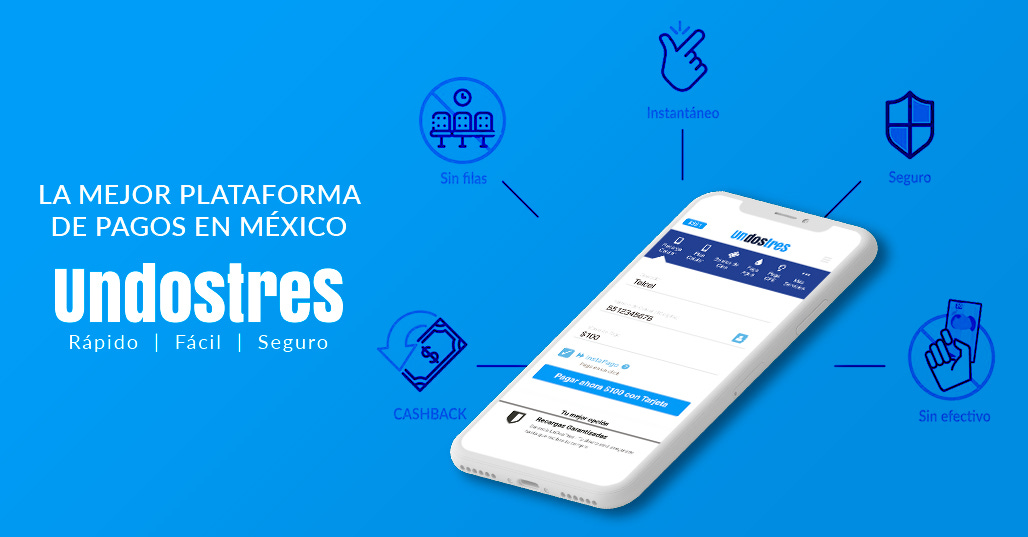#29. When the government is not on your side...
...you'd better adapt. The Big Tech crackdown happening in China, a fintech preventing card fraud in Mexico, and what happened last week in remote places.
Welcome! If you wonder:
How to make sense of the Big Tech crackdown the CCP is making? 👩💻🇨🇳
How does a fintech prevent fraud in Mexico? 💳🇲🇽
What happened last week… in remoter places? 📰🗺️
Keep reading…
The Big Tech crackdown in China: what comes next
It seems like these days, every hour the Chinese government is issuing a new regulation towards the crackdown of their Big Tech. One wonders what comes next, and investors and companies are shaking.
But there is a way for making sense of this, and figuring out what comes next: which is knowing what the priorities for the CCP are. They are pursuing stability under four pillars:
Banking
Anti-trust regulation
Data security
Social equality
The Ant Group IPO that has not happened yet (will it?), is an example of their vision for banking, as the new capital requirements and tighter licenses are. There is a concern of the Chinese debt-to-income ratio is increasing to as high as 139% in 2020, and they want to avoid the risk that poses in a financial system.
Anti-trust regulation results in the many fines that Tencent or Alibaba have been receiving these days, many due to the stake these companies hold on others in the industry. They want to control the high market concentration in several Internet sectors, such as ride-hailing (DiDi’s market share is 85%) and food delivery (Meituan’s market share is 67%).
Priorities on data security show in the case of DiDi getting banned from the App Store in China after its IPO in the US, after the probe from the Cybersecurity Administration of China. They issued China’s Cybersecurity Law (CSL), and the Data Security Law (DSL), and the Personal Information Protection Law (PIPL); taking inspiration from the EU’s GDPR. The goal is to make people less vulnerable to corporate interest; however, the State will still possess a significant chunk of information.
Social equality has been a highlight these days after Xi Jinping’s speech saying prosperity needs to be for the Common Good, tackling the fact that among the 30 wealthiest Chinese people, most of them come from Big Tech. These companies are reacting by creating charity campaigns, focusing on what value they bring to society.
But the CCP is taking more steps towards social equality, with measures like making tutoring institutions non-profit (so that the wealthiest kids cannot have the advantage), the ban for Chinese minors to play videogames for longer than 3h per week, or banning shows similar to American Idol to not promote unhealthy lifestyles to teenagers.
The CCP celebrated its 100th anniversary this year and is taking serious stances to remain another 100 years. Lillian Li’s article Let The Bullets fly for a while, highlights that they were allowing innovation to happen for a while so that growth happens, but control shall return. As of now, I would expect more regulations to come towards these 4 pillars. We’ll see.
Failure story: UnDosTres facing fraud in Mexico
UnDosTres is a Mexican fintech that allows you to pay the bills, top up your phone, buy bus fares and movie tickets. Nothing particularly impressive, except for when you realize that in Mexico more than 85% of the transactions are made in cash.
The company was co-founded by Arpit Gupta, a former product manager at PayTM that wanted to replicate the success of its former Indian employer in Mexico.
He found a country with a strong preference for cash, which is the reason why OXXO has a strong moat: located in many places, enabling people to pay in cash their bills, purchases in e-commerces, etc. UnDosTres was targetting a middle to low-income demographic that would not have an OXXO so nearby, yet was walking there to make those transactions. They wanted to facilitate this process.
But it is not so easy to educate consumers. On top of this, they found out that credit card fraud was one of the highest in the world. When it launched in 2015, 40% of the transactions through UnDosTres were fraudulent. Additionally, there was not a strong regulation surrounding credit card fraud control for banks, leading to merchants taking most of the damage in fraud situations.
And so, UnDosTres had to mitigate the damage, since no institution would intervene for them. They developed an AI to detect fraud and managed to decrease the fraud rate to around 10-12%, which was higher than what Gupta might have experienced at PayTM, but still impressive given the context of Mexico.
Source recommendation: what happened last week
What Happened Last Week is a news source with stories from Emerging Markets, to decolonize your feed. I have discovered here news (business and mostly non-business related) of stories I would have never found out about otherwise.

It is written and curated by Sham, who’s been writing this for 7 years. And it results: the number of references and new information that comes your way will feel like a breath of fresh air.
Sham gave an excellent angle on what is happening in Afghanistan, including interviewing a journalist in Kabul and reporting the resistance of women.
Read it here: https://www.whathappenedlastweek.com/
P.S.: I discovered this through The Sample, a free site that forwards newsletters to your inbox according to your tastes, and allows authors to submit theirs. Here’s my referral link: https://thesample.ai/?ref=emerging





